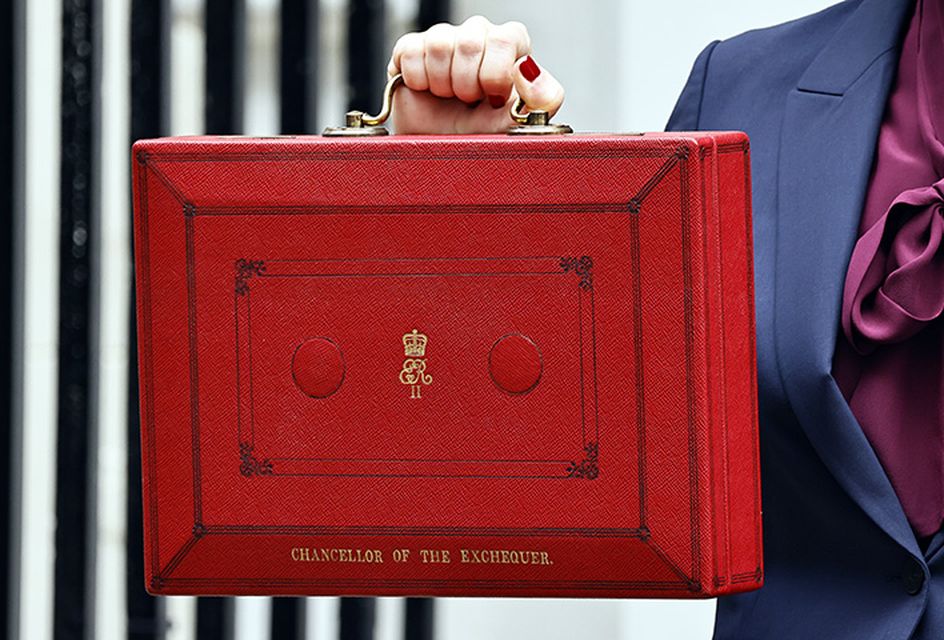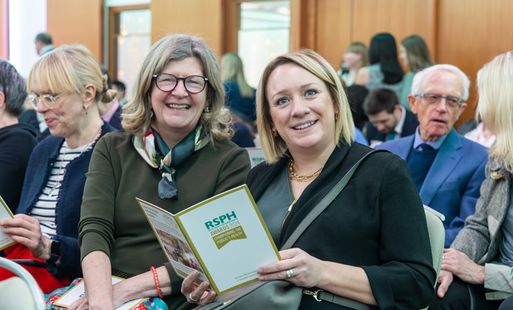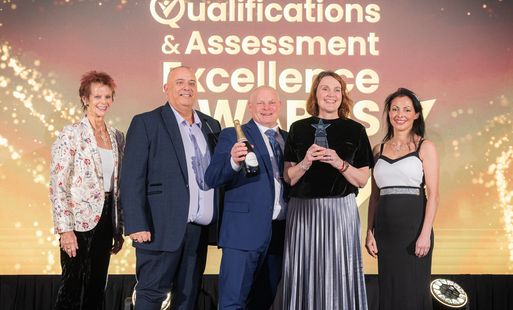RSPH responds to November 2025 budget
Author: RSPH 28 November 2025 4 min read
The real story is of a number of budget measures that have gone under the radar but could have a real impact on the health of the nation.

This week’s budget was an opportunity for the Government to show that it has a serious plan to deliver the change that the country voted for in 2024.
While the headlines this morning may have focussed on a small number of tax measures, the real story is of a number of budget measures that have gone under the radar but could have a real impact on the health of the nation.
Lifting children out of poverty
The single biggest measure in the budget – both in terms of spending, and of impact – was the decision to lift the two-child limit. This will lift almost half a million children out of poverty overnight. As our CEO said, “Lifting the limit and putting more money in the pockets of low-income households will make a profound difference to the health and wellbeing of millions of children.”
We know that growing up in poverty is one of the largest drivers of childhood ill-health. Whether it is a restricted diet, growing up in a cold house, or living with stress and anxiety, the effects are profound. All of this leads to higher levels of mental and physical illness among children living in poverty.
That’s why we were so glad to see the Government listen to the calls from the public health sector, alongside allies from across society, and lift the cap. If they are serious about ensuring we have the healthiest generation of children ever, this was both necessary and vital.
Making gambling firms pay their share
This additional spending has to be funded, and one of the major revenue raisers the Chancellor announced was around gaming duty. In particular, she has raised the rate of duty paid by the most damaging online gambling outlets. These online casino games are among the most addictive and problematic aspects of the gambling industry.
Following extensive campaigning by our trustee, Beccy Cooper MP, yesterday’s announcement means that the remote gambling industry will pay more than a £1 billion extra every year, protecting people at risk of financial harm.
Supporting local high streets
We know that our high streets are struggling. High and rising costs mean that bricks-and-mortar stores are often failing to keep up with giant online retailers. At the same time, hospitality businesses are struggling, and footfall on high streets is declining. We know that this can be changed with the right support for businesses, and an approach to high street development which puts healthy activities front and centre.
To do this, we have long called for online retailers to face higher taxation, with the receipts used to directly support our high streets. At the Budget, the Chancellor showed that the Government understands this argument and are acting accordingly. New rules will mean that physical business on the high streets will see permanently lower business rates – funded through a higher rate paid by the most valuable properties, such as giant e-retail warehouses.
Commercial determinants of health
It was well trailed before the Budget that the soft drinks levy would be expanded in scope, with rules tightened to ensure that more sugar is removed from these products. We know that the Levy has already reduced obesity, and seen fewer children admitted to hospital with dental problems, so its expansion is hugely welcome.
Alongside this, we saw increases in alcohol duty (in line with inflation) and tobacco duty (by inflation plus 2%). Both of these measures are important to promoting healthier alternatives. We already have a clear roadmap for comprehensive action to reduce smoking rates, and we now need the same for alcohol harms – with minimum unit pricing an obvious first step to tackle health harms while supporting the hospitality industry.
The Healthiest Generation
Another easily overlooked announcement was a pot of funding to revitalise playgrounds across the country. Infrastructure like this is vital to keeping children and young people active, as well as giving them a place to spend time with their friends. While the announcement was only a one-off pot, we hope it marks a shift towards investing in infrastructure which encourages healthy lives.
This comes alongside the rollout of more free breakfast clubs to 2,000 new schools, expanded free school meals, and opening 1,000 family hubs to support new parents. All of this means we have an opportunity to genuinely create the healthiest generation of children ever, but only if we ensure a genuine focus on prevention over the coming years.
What next – local government funding and NHS reorganisation
The budget did not answer all of our questions about how the Government will deliver it’s shift to prevention. There was little detail on how they will promote mental health outcomes. This is a question which the NHS reorganisation must address – putting resources into preventative services for both physical and mental health, rather than solely focussing on acute care in hospitals.
The elephant in the room when it comes to prevention is local government funding. As the LGA have said, the Budget didn’t provide the increases in spending that many local authorities feel they need to protect and improve services. We will get more information on this in the Spring, when the Public Health Grant is published but, until then, will keep making the case to Government that we need to support public health services if we are truly to deliver the shift to prevention they want.





